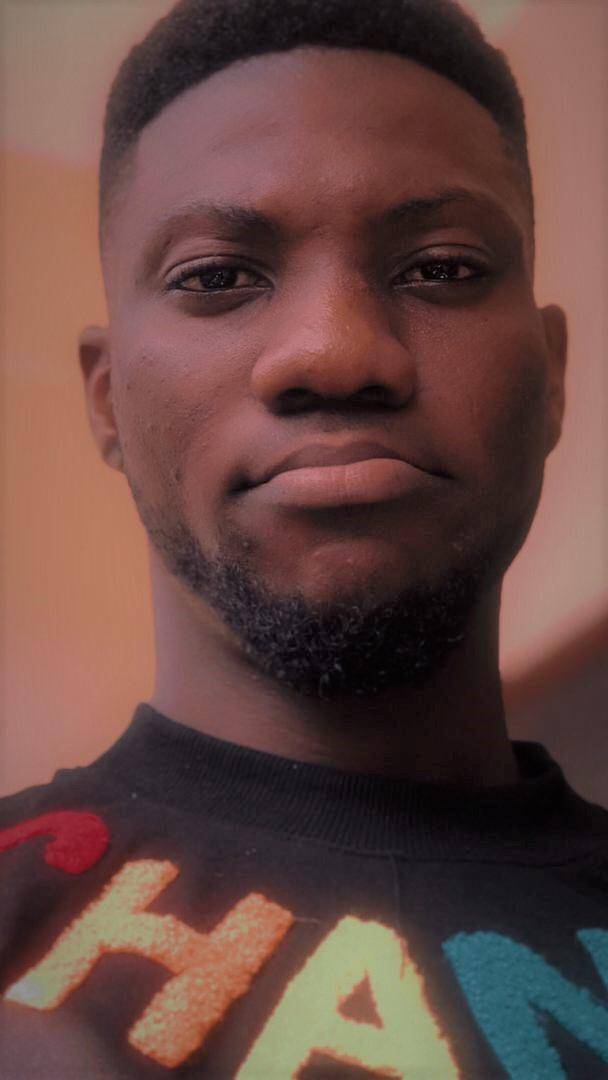January 2022, when Rightify Ghana denounced a discriminatory and anti-gay policy by the authorities at Takoradi Technical University, the organisation knew it was not an isolated case. In what has now been deleted from the school’s website following the action taken by Rightify Ghana, Dr. Moses Maclean Abnory, the Registrar of Takoradi Technical University (TTU) threatened that “any student found engaging in LGBTQ conduct will face outright dismissal from the University.”
Whilst the TTU in their core values claim to embrace “diversity” and “shall provide equal opportunities for all categories of persons,” their Students Handbook prescribe ‘dismissal’ for what they call “practice of homosexuality.” Discriminatory, but it has served as a backing to the Registrar’s threat to students who are gay, lesbian, bisexual, transgender, intersex or queer (LGBTIQ).
The Sustainable Development Goal 4 advocates for the State to “ensure inclusive and equitable quality education and promote lifelong learning opportunities for all.” However, in Ghanaian schools and colleges, students found to be or suspected as LGBTQ+ persons are increasingly being left behind.
Quality education is the main way to emerge from the poverty cycle, as it empowers people to lead more sustainable, healthier lifestyles, thus benefiting society as a whole. Therefore, ensuring inclusive, equitable and quality education for all students including those who are LGBTQ+ would have proven Ghana’s commitment to education as a means of transforming society.
According to the Sustainable Development Report 2021, significant challenges remain as the country hopes to achieve Goal 4, which is Quality Education. There is no doubt that some of these challenges include the barriers created in our schools and colleges that are either getting LGBTQ+ students dismissed, suspended or dropped-out.
In a 2021 research by WestEd, a US-based organisation, it was found that “LGBTQ students were at higher risk for bullying, chronic sadness, thoughts of suicide, and poorer learning engagement and academic performance.” The study blamed endless anti-gay comments from other students as well as discrimination and victimisation from staff of schools. The study concluded that if LGBTQ students received the same levels of support and safety at school, disparities would disappear or greatly diminish.
Just as the existing barrier for LGBTQ+ students at the Takoradi Technical University (TTU), Rightify Ghana has found that such discriminatory policies are widespread across a country whose Leader, President Nana Addo Dankwah Akuffo-Addo, is the co-chair of the UN Secretary-General’s Sustainable Development Goals (SDGs) Advocates.
For many school authorities, students who are LGBTQ+ are considered as ‘threats’ and ‘deviants.’ There is a belief that LGBTQ+ students can ‘recruit’ or ‘convert’ their heterosexual school mates into homosexuality.
Last year, whilst the headmistress of the Ola Girls Senior High School in Ho in the Volta Region, Regina Coffie alleged that some unidentified persons were using some students in the school as proxies to recruit their mates to join the LGBTQ+ community, the Volta Regional Director of Education, Enyonam Afi Amafuga also urged teachers and management of second cycle schools to “look out for early signs of… homosexual acts among students.” Like these leaders in education, some authorities are actively looking for ways to put the queer community in the category of criminals and deviants, to justify their victimisation of LGBTQ+ students.
It is not that authorities in Ghanaian schools and colleges cannot formulate progressive policies that would be supportive and protective of their LGBTQ students, they would rather create and promote hostile environments that neither support their education nor their personal development and growth. That is why many school authorities have established anti-LGBTQ policies to actively exclude sexual minorities from their schools.
However, there are a few educational institutions which have categorically established progressive policies that include ‘sexual orientation.’ These include the University of Ghana and the University of Health and Allied Sciences, as their student handbooks have non-discriminatory policies that warn students not to:
“engage in a course of vexatious conduct that is directed at one or more specific individuals, and which may be based on the race, ancestry, place of birth, origin, colour, ethnic origin, citizenship, sex, sexual orientation, creed, age, marital status
Whilst in most educational institutions, anti-LGBTQ policies are hidden under ambiguous “sexual misconduct” offense, some institutions openly display them in their student handbooks.
In the Ho Technical University students handbook , their list of offenses do not only include “homosexuality” and “lesbianism”, the punishment include rustication and dismissal, as well as so-called conversion therapy through “counselling.”




No comments yet
Be the first to share your thoughts!